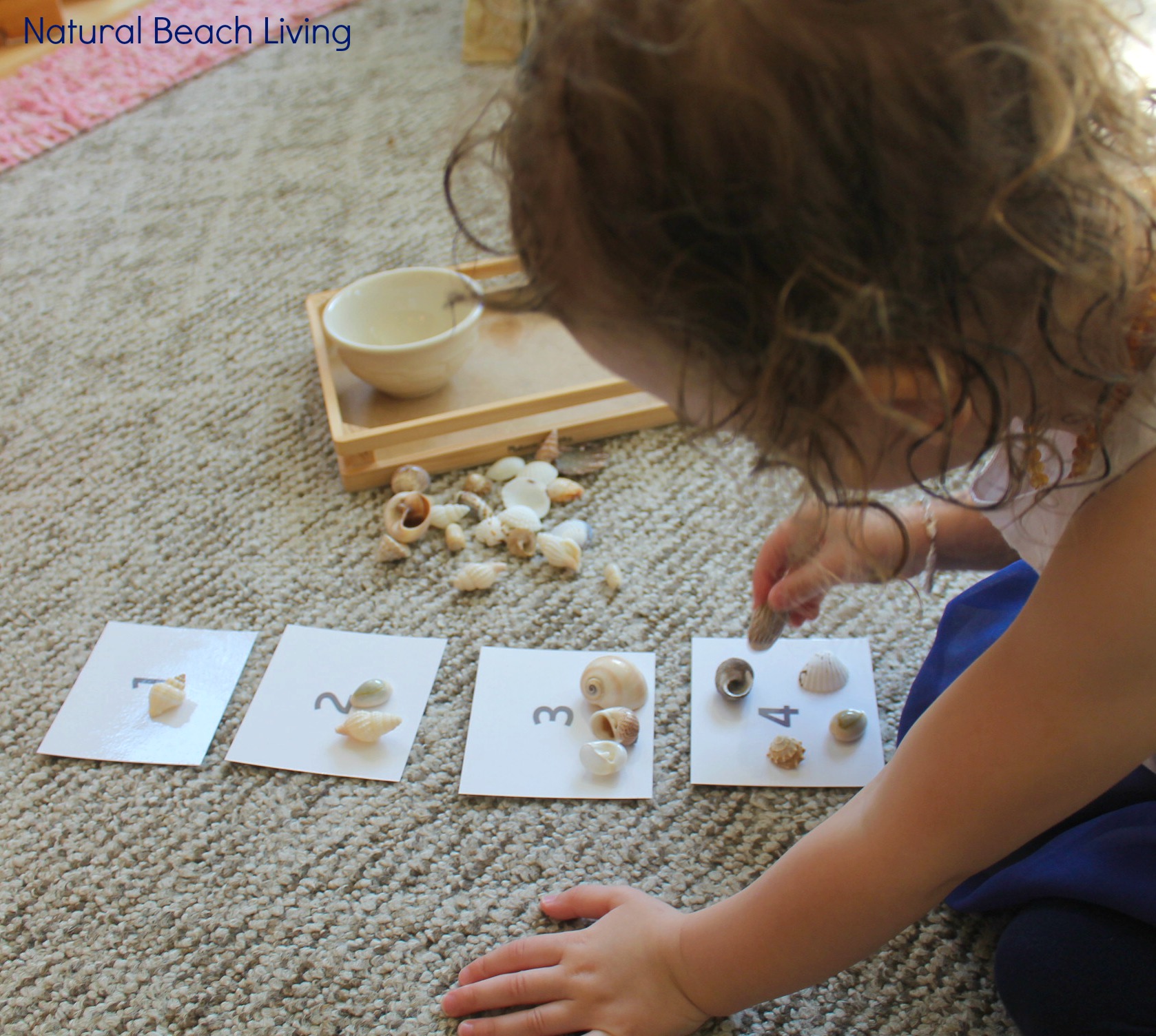This week we will continue our unit of study plants, this unit will last three more weeks.
This unit,
like all Pre-K for All units, provides opportunities for children to observe
objects and phenomena in their environment with increasing complexity, and
apply knowledge and skills learned in previous units. Activities throughout the
unit prompt children to learn about plants through hands-on explorations and
provide opportunities to observe plants in their immediate environment.
Throughout
this unit, there are opportunities to develop children’s literacy and
language skills. Children will enjoy literature, engage in discussions
around stories, and retell and act out stories they have read. Children
will build on what they know about plants through informational texts.
They will explore new vocabulary words such as “habitat” and “nutrients”
to continue to develop their language skills as they engage in
scientific explorations and thinking.
I
encourage you to find and observe plants with your child. You can talk
about what the plants looks like, how they smells, the way they feel,
their colors, etc. After observing the plants write or draw about it and
send the activity you do with your child back to the class so your
child can show it to the class and display it in the classroom.
Esta semana…
Esta
semana continuaremos nuestra unidad de estudio de las plantas, esta unidad
tendrá una duración de tres semanas más. Esta unidad, al igual que todos los
pre-K para todas las unidades, ofrece oportunidades para que los niños observan
los objetos y fenómenos en su entorno con el aumento de la complejidad y
aplican sus conocimientos y habilidades aprendidas en las unidades anteriores.
Actividades a lo largo de los niños rápidos de la unidad para aprender acerca
de las plantas a través de manos en exploraciones y proporcionan oportunidades
para observar las plantas en su entorno inmediato.

A
lo largo de esta unidad, hay oportunidades para desarrollar las
habilidades de alfabetización de los niños y de lenguaje. Los niños
disfrutarán de la literatura, participar en debates en torno a las
historias, y volver a contar y representar historias que han leído. Los
niños podrán construir sobre lo que saben acerca de las plantas a través
de textos informativos. Se explorarán nuevas palabras de vocabulario
como "hábitat" y "nutrientes" para continuar desarrollando sus
habilidades lingüísticas que se dediquen a la exploración científica y
el pensamiento.
Los
animo a encontrar y observar las plantas con su hijo/a. Ustedes pueden
hablar hacer de cosas tal cuales, como las plantas se ven, cómo huele,
cómo se sienten, sus colores, etc. Después de observar las plantas
pueden escribir o dibujar sobre lo qu enotaron y enviar la actividad que
realiza con su hijo/a a la clase para que su hijo/a la mostre a la
clase y despues ponerlas en la clase.
At home you can…
It’s so much easier to memorize something to song. If you do a quick search on the internet you will come up with a variety of ideas, but you can also easily make one up on your own. In the past I have sang phone number and address to the tune of Frere Jacques with students to help them learn it.
En casa usted puede ...
Es mucho más fácil de memorizar algo a la canción. Si usted hace una búsqueda rápida en internet se encontrará con una variedad de ideas, pero también se puede hacer fácilmente uno por su cuenta. En el pasado he cantado número de teléfono y dirección de la melodía de Frere Jacques con los estudiantes para ayudarles a aprender la misma.

Reminders:
- Please do not give your child any snacks with peanuts because we have a student with allergies.
- Please check your children's cubbies and ensure that he/she has 3 changes of clothes that are appropriate for the season.
Wednesday, May 4th will be Star Wars day. Your child may come dressed up as any character in the movie.
- On Wednesday, May 11th we will be having our spring show at 9:00 am in the cafeteria.
Recordatorios:
- Por favor, no darle a su hijo/a cualquier aperitivos con los cacahuetes porque tenemos un estudiante con alergias.
- Por favor miren en los cubbie de su hijo/a y asegurarse de que él / ella tiene 3 cambios de ropa que sea apropiada para la temporada.
- El miércoles, 4 º de mayo será el día de Star Wars. Su hijo/a puede venir vestido como cualquier personaje de la película.
- El miércoles 11ª de mayo vamos a tener nuestro show de primavera a las 9:00 am en la cafetería.
Lesson plan for the week:
Below is the link for this week's lesson plan for your review. Please feel free to review it so that you can reinforce what your child is learning in school at home.
Abajo
esta el enlace para el plan de la lección de esta semana para su
revisión. Por favor, siéntase libre de revisar de manera que se puede
reforzar lo que su hijo/a está aprendiendo en la escuela en casa.
Lesson plan for this week

